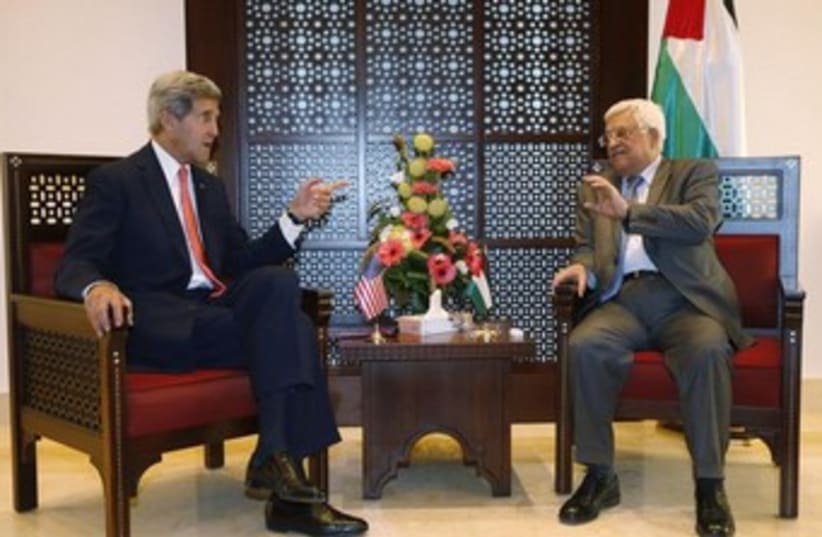Palestinians reject US security ideas for peace accord
Abbas rejects ideas posed by US retired general John Allen, enlisted by Obama to analyze the security aspects of any future agreement; ideas "would only lead to prolonging, maintaining the occupation," PA official says.
